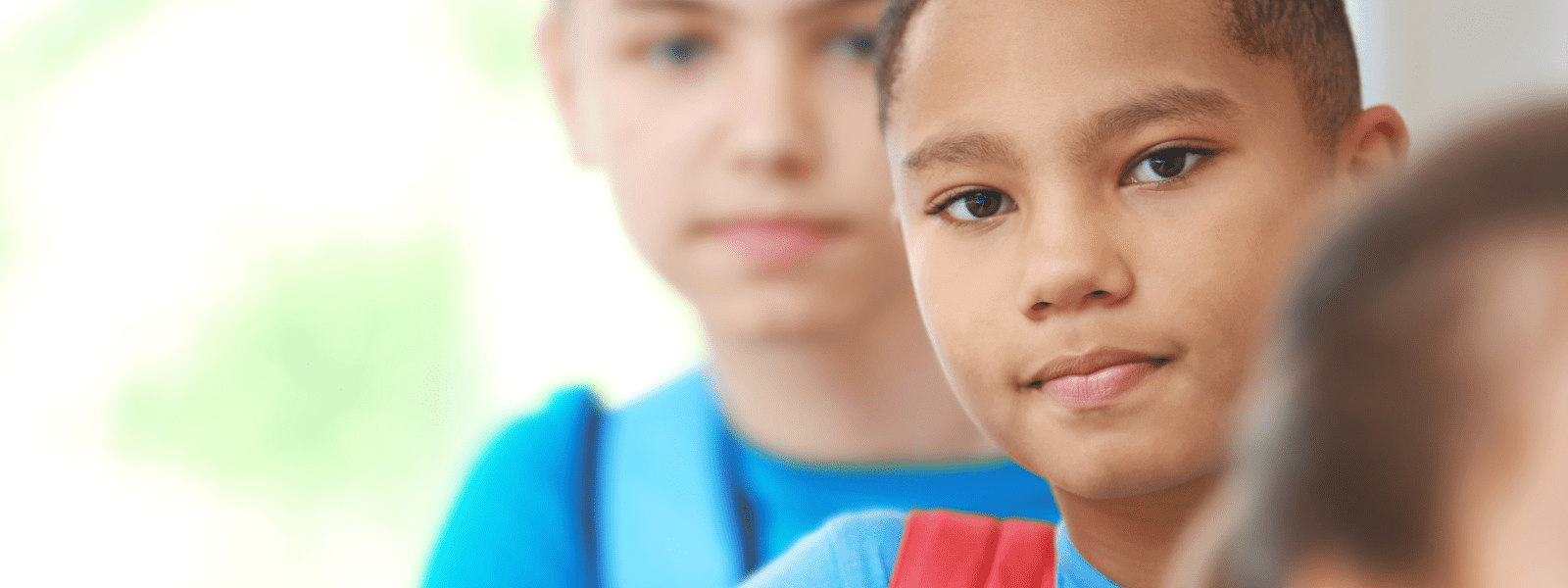Learning Differences, Disabilities, and Preferences: How Cognitive Skills Impact Learning
We all learn differently. Every brain is unique in the way it interacts with the world. However, culturally we have given a lot of power to things like learning styles and preferences instead of building the skills to make all areas of learning easier. While learning differences and disabilities are extremely common, a diagnosis doesn’t guarantee a life-long struggle! Here are some important things to consider.
Learning Differences vs. Learning Disabilities
These are terms that are thrown around a lot, but do we really understand what they mean?
Learning disabilities are the legal and medical diagnoses of things like specific learning disorders, dyslexia, dysgraphia, or attention issues.
Learning differences, on the other hand, are more general classifications of kids who struggle in school, whether or not they have an official diagnosis. The term does include formal diagnoses, but it also envelops “areas of executive functioning, like task initiation and working memory.”
Estimates show that up to 1 in 5 kids has a learning disability or difference, making it extremely common in our schools and homes.
Learning Preferences and Styles
Both neurotypical learners and individuals who struggle more often tend towards specific learning styles in and out of the classroom. The most commonly recognized learning styles include:
- Visual: You learn well when aided by images, pictures, and spatial organization of elements
- Auditory: You learn well when aided by music, sound, rhyme, rhythm, speaking or listening
- Reading/Writing: You learn well by reading or writing the material you want to learn
- Kinesthetic: You learn well when you can move your body, and/or use your hands and sense of touch. Writing or drawing diagrams are physical activities that can fall into this category as well.
Most people have one area where they are strongest, but it is also common to experience a combination of these as your “learning style.”
But in reality, falling into a belief that you are a “visual learner” or some other label is dangerous.
We all have preferences, but we all also have the ability to grow and adapt. Instead of viewing yourself as being limited to learning in one particular way, what if you approached it as figuring out why the other approaches are so difficult for you?
Becoming a successful learner means finding a way to thrive in any context and environment. We want our kids to be independent. Part of doing that is making sure their brain is accurately interacting with the world around them.
Accommodations vs. Root Cause Approach
Would you rather your child know they are a visual learner, or build skills so they could learn whether it’s visual, auditory, or tactile?
This is one of the primary differences in our approach vs. what you’d find in a school system. While schools look for ways to accommodate these differences, they aren’t trying to find out WHY they are there in the first place.
Our cognitive skills assessment takes a deep-dive look into the way your brain processes information. This shows us where issues come up, such as in processing speed, auditory processing, logic, memory, or visual processing.
These underlying skills are the real reason for learning struggles. Building these foundational building blocks is the best way to become a successful learner in any context or environment!
Brain Training for Learning Challenges
Students with learning differences, disabilities, and strong preferences often struggle when they get out of their comfort zone. Things like new teachers, schools, subjects, or curricula can completely throw them off.
Instead of falling into the belief that this is just “the way it is,” what if you could have a clear path forward? What if you knew WHY your child was struggling and exactly what you can do to make some of those weak areas stronger?
We have worked with thousands of individuals with various learning disabilities and challenges. Over the course of their brain training program with us, they still saw across-the-board improvements in all foundational cognitive skills.
But beyond the paper, families also report:
- Greater confidence
- Stronger self-advocacy
- More willingness to try hard things
- Less oppositional behavior
- And so much more
Don’t leave your struggling student to fight through another school year without taking the first step towards making learning come more naturally. Contact us today to learn more!







